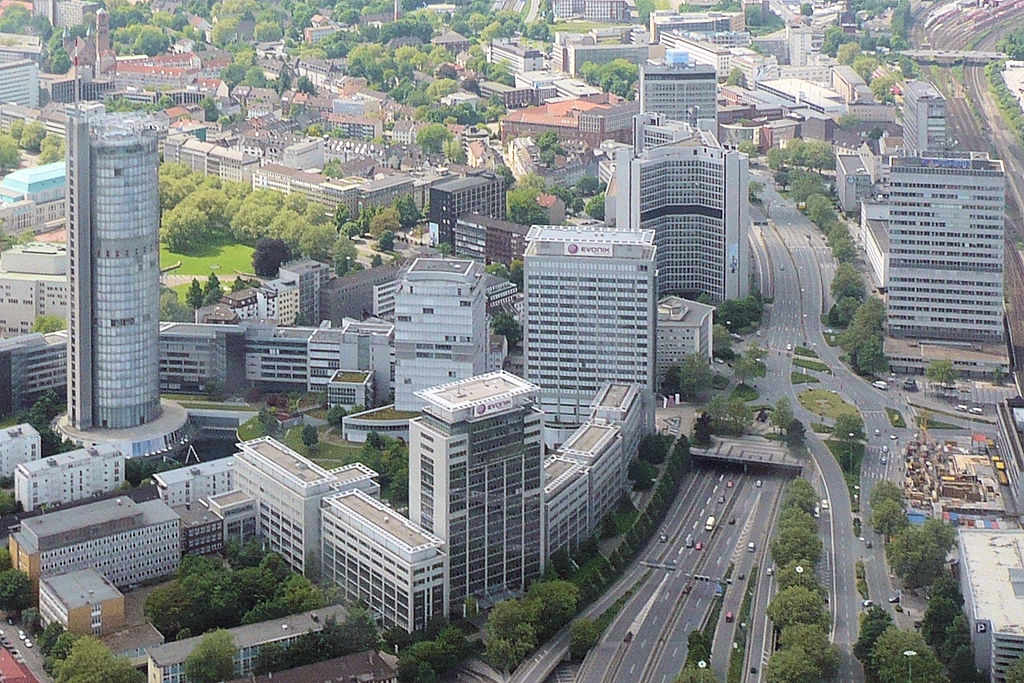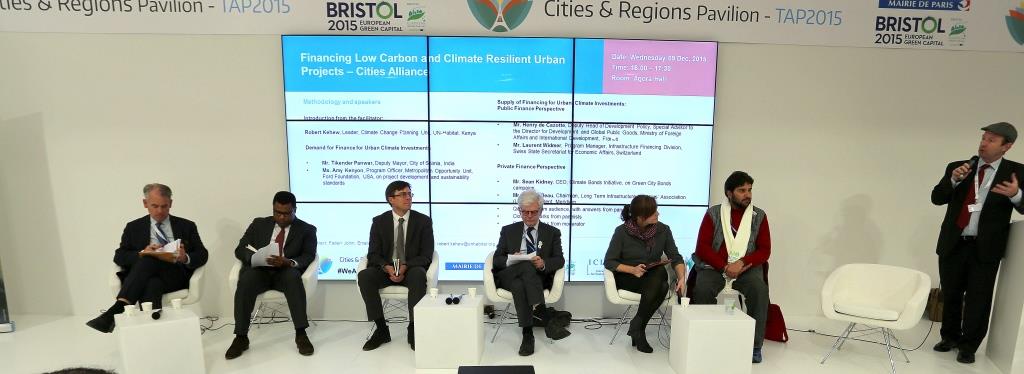C1: Making Compacts More Than a Piece of Paper
This post is part of our live blog series from the Resilient Cities 2015 congress. For more live blogs, please click here.
Barack Obama said of the Southeast Florida Regional Climate Compact that it has
become a model not just for the country, but for the world.
This success has been mirrored in the Central KwaZulu-Natal Climate Change (CKZNCC) Compact. So what has made these compacts so productive?
 Panelists and participants agreed that compacts, as well as agreements like the Durban Adaptation Charter (DAC), are at first “nothing more than a piece of paper”, especially as they do not necessarily bring in new funding.
Panelists and participants agreed that compacts, as well as agreements like the Durban Adaptation Charter (DAC), are at first “nothing more than a piece of paper”, especially as they do not necessarily bring in new funding.
However, by connecting cities, the compacts have helped cities to learn from each other and deal with shared challenges. Sean O’Donoghue of eThekwini Municipality, South Africa, for instance, highlighted how eThekwini had been able to learn from Fort Lauderdale regarding governance. This had allowed the municipality to respond to shared problems around sea-level rise and biodiversity loss.
Panelists throughout the session highlighted the importance of human connections. Harbraham Shamumoyo of the Association of Local Authorities of Tanzania (ALAT) commented that communication remains the number one challenge, and that trust among partners is critical. Renato Lima of Curitiba, Brazil, agreed, noting that non-cooperative projects have a high probability of failure. After one flood control project, for instance, the flood levels increased instead of decreasing. Lima believed that if it had been possible to discuss with other cities and share experiences, this failure could have been avoided.
The challenge now, panelists said, is to grow and connect further in a coordinated fashion. Fort Lauderdale is looking to connect with other stakeholders, including academia and the private sector, but is entering unchartered territory; as Susanne Torriente of Fort Lauderdale said:
We are kind of making it up as we go along.
Noloyiso Nkqueto of Ulu Municipality also highlighted the need for continuity, pointing out that a new Mayor would soon be elected. Nonetheless, participants foresaw a “Compact of compacts”, bringing even greater opportunities for knowledge sharing on adaption strategies.





